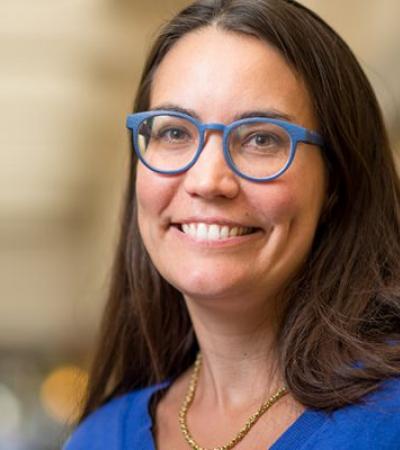JOIN VIRTUALLY! Politics, Technology, and Change in Russian Agriculture

A Kellogg Work-in-Progress Seminar with Faculty Fellow Susanne Wengle.
Russia’s food system has undergone profound changes over the last 15-20 years. Large capital investments have increased production and productivity and led to dramatic changes in how food is produced and processed. Agrifood corporations have emerged as new central actors, as producers, land-owners, and financiers. The rise of corporate farms was made possible by a set of political priorities and generous public support measures. The paper makes two contributions: first, it documents and explains the nature of the political bargain between corporate farms and the Putin government. New technologies are central to this bargain. Secondly, the paper makes a broader theoretical argument about the political dynamics of change in agro-food system. Food studies tend to rely on one set of actors as drivers of change – consumers, citizens, or corporations. This paper suggests that the concept of technopolitics provides promising way to understand the dynamics of change in food systems, in Russia and beyond.
Susanne Wengle
Susanne Wengle is Associate Professor of Political Science at the University of Notre Dame. Wengle's main research interests concern the politics of markets regulations; her past research examines how particular regulations function and how they evolve, what “politics” make them possible, and also how their effects change the political conditions in which they were formulated...
Read More





